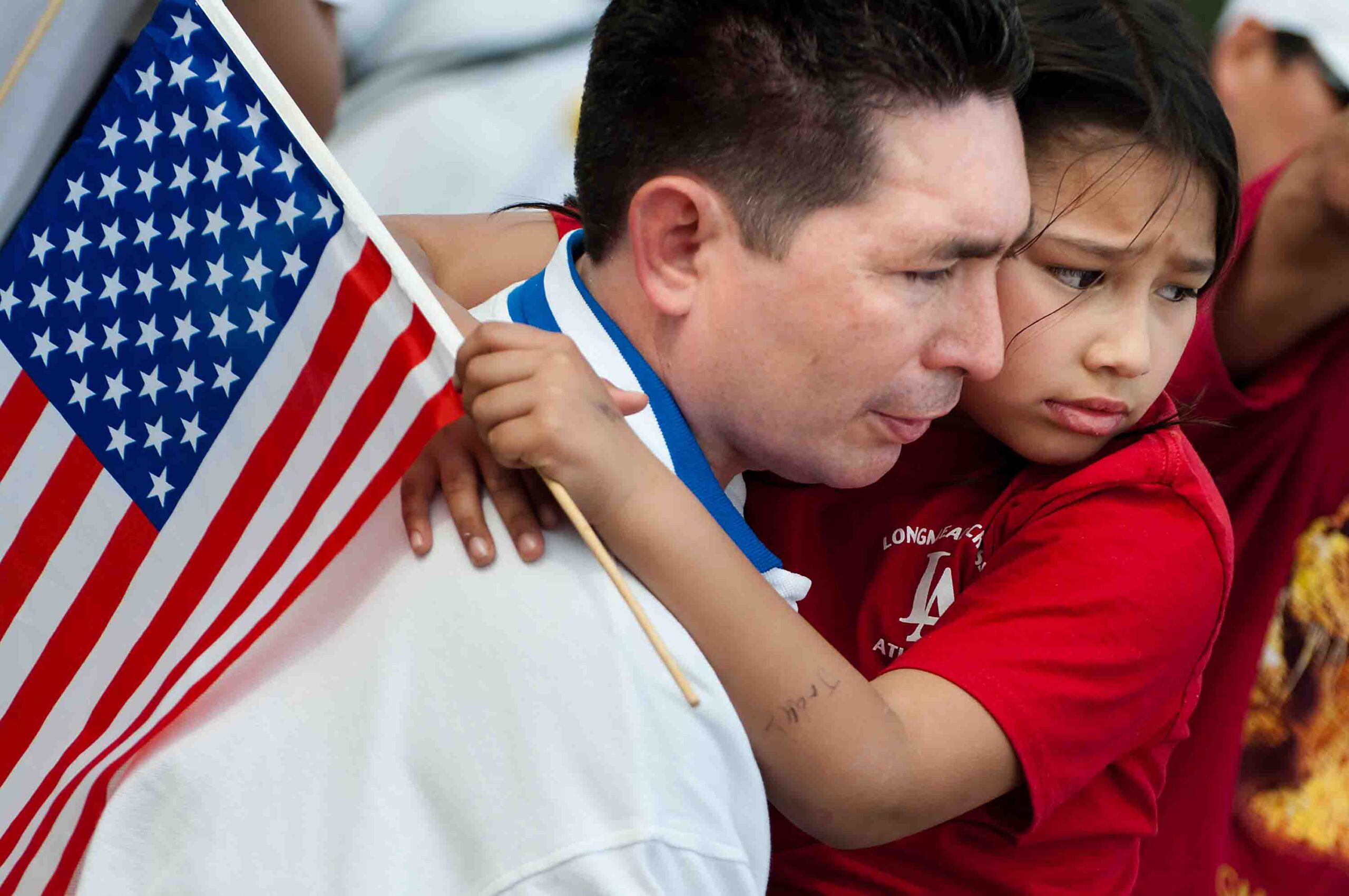

Bishop Grants Dispensation To Mass
In response to the increase in immigration enforcement in the Diocese of Columbus
Browse past isues
Help the mission
Support the mission
Get in touch


In response to the increase in immigration enforcement in the Diocese of Columbus


I beg you to see Christ in every person, even those whose politics you oppose.
The case to strike down the patent had been brought by the American Civil Liberties Union, the Public Patent Foundation at Benjamin N. Cardozo School of Law in New York, medical organizations across the U.S. and a number of individuals who objected vigorously to the concept of patenting living organisms. They argued that genes are a product of nature and, therefore, should not be patentable. One of the criteria for patenting anything is that it must be new. The coalition argued that genes were not new and that all the geneticist did was identify the gene. The decision is very good news, especially for women who may have these genes and a history of breast cancer in their family. They will no longer have to pay royalties to Myriad Genetics, the company which holds the gene, for either diagnostic or therapeutic procedures. These groups also argued that, since the controversial judgment of the U.S. Supreme Court decision in the Diamond versus Chakravarty case in 1980, patent have hindered and stifled research in both the medical and biological areas. Researchers were more interested in patenting their discoveries than in sharing their ideas with other scientists for the benefit of everyone. In fact, many scientists were often reluctant to research a particular area since they may have to pay royalties to a number of companies which had taken out patents on the organism. Myriad Genetics, the company that holds the patents in conjunction with the University of Utah Research Foundation, had petitioned the court to dismiss the case. They argued that, “the work of isolating the DNA from the body, transformed it and made it patentable. In his judgment, Judge Robert W. Sweet, argued that patents have been improperly granted because they involved the laws of nature. He continued, “many critics of gene patents consider the idea that isolating a gene made it patentable, ‘a lawyer’s tick’ that circumvents the prohibition on the direct patenting of the DNA in our bodies but which, in practice, reaches the same results.” This ruling will have enormous implications. Very few people realize and are shocked and outraged when they learn that about 20% of human genes have already been patented. A multibillion-dollar industry has been built on the royalties which accrue from the intellectual property rights that patents grant to corporations. Because patenting presented biotech companies, such as Monsanto Syngenta, with an easy, inexpensive milking cow which generated billions of dollars, one can be sure that the biotech corporations will do all in their power to overturn Judge Sweet’s judgment. They have already begun spinning a justification for patenting life. Kenneth Chahine, a visiting law professor from the University of Utah, who filed a brief on behalf of Myriad Genetics, said that, “if a decision like this were upheld, it would have a pretty significant impact on the future of medicine.” He didn’t, of course, provide any evidence to support this claim, since the bulk of research supports the other side.
Her humility and compassion, as well as her respect for the innate worth and dignity of humankind, inspired people of all ages and backgrounds to work on behalf of the world’s poorest populations. Mother Teresa died in Calcutta in 1997, and is buried there. She had been a citizen of India since 1948. In 1996, President Bill Clinton and the U.S. Congress awarded Mother Teresa honorary American citizenship. The honor has only been bestowed on five others: Winston Churchill received it in 1963, Raoul Wallenberg in 1981, William Penn and Hannah Callowhill Penn in 1984, and the Marquis de Lafayette in 2002. The stamp features a portrait of Mother Teresa painted by award-winning artist Thomas Blackshear II of Colorado Springs.
